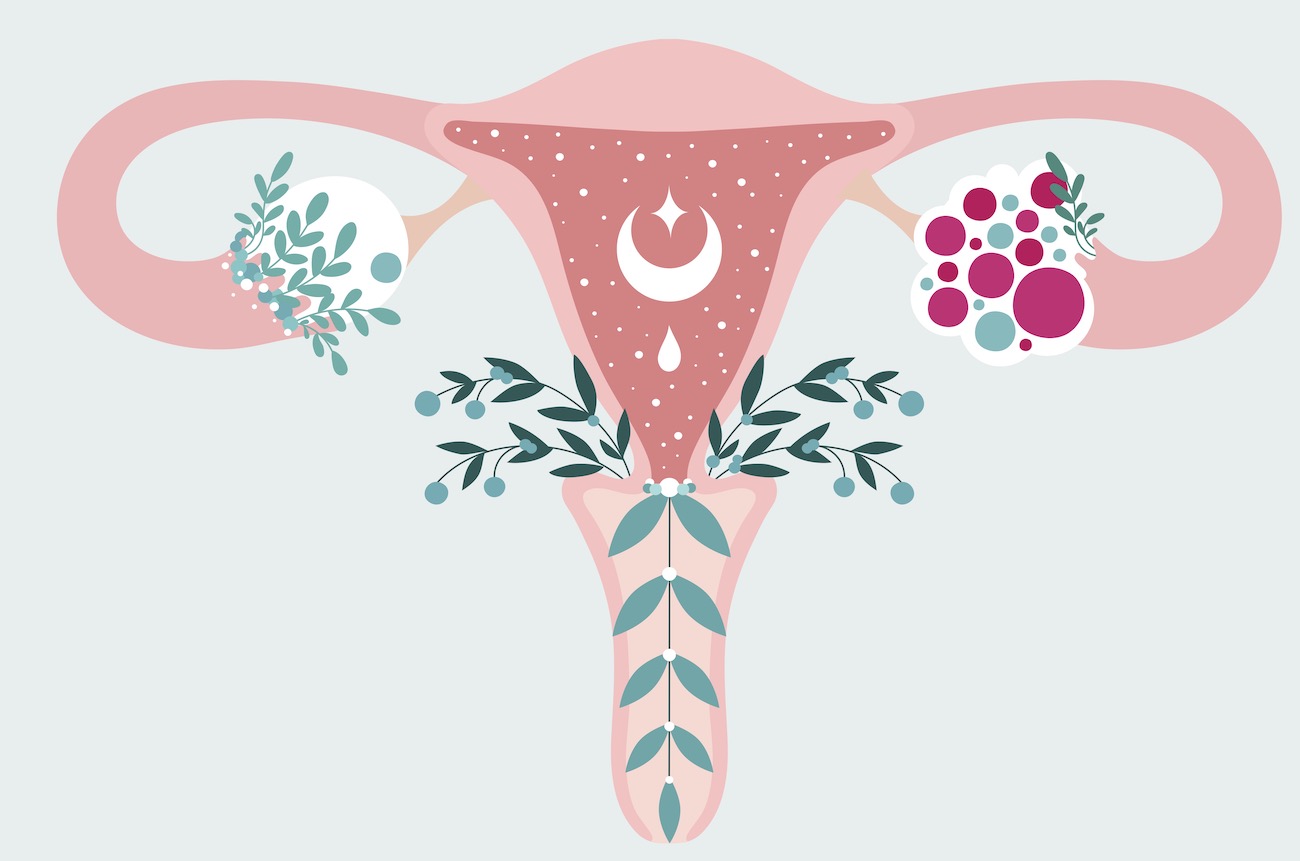Are you planning to conceive? Do you want to start a family? Well, it is a tremendous journey with lots of unique and new experiences in your life and health. Each action you take at this moment elicits a reaction, hence it is crucial to know whether what you are doing is supporting your overall health and fertility goals or not.
Whether a first time mom or you are hoping to add a sibling to your kiddo clan, every pregnancy journey is unique and your health is always of the utmost importance. Therefore, here is a list of things that you should and should not do while planning for pregnancy. Since you don’t know whether it will take a few weeks or months, you can begin right away to ensure you are supporting your fertility.
5 things to do when trying to conceive
You want to get pregnant, sooner rather than later, so let’s dive in on ways you can support getting pregnant.
1. Do get to know your menstrual cycle
Keeping a check on your menstrual cycle makes you familiar with your ovulation window and the best phase to conceive. The easiest way to track your fertile window is to use a fertility tracking device that tracks your most reliable indicator of your fertility: your cervical fluid. A device like kegg shows you when it is the optimal five days to time sex or insemination each cycle. Since you can only get pregnant during a small window of time each cycle (about 5 days), you want to be confident you are timing your efforts appropriately.
2. Do pay attention to your diet
When you try to conceive, it is important to follow a healthy balanced diet to support your hormone levels, and when you conceive, the needs of your body and your growing baby. Aim to incorporate vegetables, healthy sources of protein, nuts and seeds, and whole grains. Along with a balanced diet, you can also include a complete prenatal vitamin that contains the recommended daily amounts of vitamins and minerals when trying to conceive and during pregnancy. It is advisable to consult your doctor before taking any supplements.
3. Do maintain a safe workout routine
Doing some light to moderately intense workouts for at least 150 minutes a week helps your body stay active and fit. Striving to stay active supports a healthy weight, insulin resistance, and ensuring you can keep up with the physical demands of a growing body. In addition, physical exercise can help manage mood swings, insomnia, obesity and muscle pain. High-intensity exercise should be avoided both when you are trying to conceive and in pregnancy.
4. Do seek help
While trying to conceive you need to be strong and healthy—socially, emotionally and mentally. If the demands feel like too much or if you would like to walk this journey with support, reach out to a friend, family member, online fertility group, or to a counselor or psychiatrist. Trying to conceive can be emotional and physically taxing. Ensuring you are taking care of your mental health will support you both now and in the future.
5. Do allow time to yourself
If you think about getting pregnant, it doesn’t mean that it will happen the next day. Depending on your age, it can often take upwards of 1 year to conceive. Try to give yourself grace and not panic if you do not conceive during your first few cycles trying. While you can support your fertility by addressing your stress, using a fertility tracker to properly time sex or insemination, ensuring you are taking a quality prenatal vitamin and eating healthy, unfortunately, the odds of conceiving are low each cycle for everyone, so it can take time even in very fertile couples. If you have stopped using hormonal birth control recently, it often takes several cycles for hormones to regulate and regular ovulation to resume. 5 Things to Avoid When Trying to Conceive
Along with adding the above-described items to your routine, you will want to avoid the following to further support your fertility and likelihood of conceiving.
1. Don’t use lubricant
Are you using a lubricant? Unfortunately, many regular lubricants strain the chances of conception by interfering with the fertile quality of the cervical fluid. These lubricants have some ingredients which harm the sperm’s ability to survive and/or travel. However, sometimes it becomes necessary to use it for spontaneous sexual intimacy. Before buying, check the content of the lubricant you are using. You can use a conception-friendly lubricant that is safe for sperm.
2. Don’t take stress
Stress has become a part of your life and it is difficult to eliminate them all. A study has shown that the higher the stress, the harder to conceive. Being under stress for a long time can disturb the hormonal balance which can affect ovulation and fertility. Some holistic activities such as meditation, yoga, walking, talking to people can help you out with stress management.
3. Don’t smoke and consume caffeine
Caffeine and smoking can harm your reproductive health and the chances of conceiving.It is ideal to limit the number of cups you consume in a day and so on with smoking. Also, the consumption of alcohol should be avoided.
4. Don’t eat junk
We cannot definitively state that a certain diet, supplement, or food will increase your fertility. However, there is solid research to support the idea that women with infertility caused by irregular periods may benefit from consuming less sugar and processed food while consuming more fruits, vegetables, healthy fats, and healthy sources of proteins. Maintaining a healthy weight and controlling your insulin levels with the use of a balanced diet may increase your chances of becoming pregnant.
5. Don’t stray away from sleep
Getting 7-8 hours of sleep is ideal for the human body. If you are compromising on your sleep, it can affect your hormones and create an imbalance situation. Sleep has many restorative functions that can also support your fertility.
Concluding Thoughts
While there are many changes you can incorporate into your routine to support your fertility, there are also many activities to avoid to further increase the likelihood of having pregnancy. There may be some days when you think that getting pregnant is beyond your control. However, this is not the case. Following some precautions and right actions can increase your chances of getting pregnant sooner or later.
Remember that everyone’s body is different, so it’s recommended to consult a healthcare expert who can support you as you strive to reach your fertility goals. .
References:
Smoking and Male Infertility: An Evidence-Based Review
Optimizing natural fertility: a committee opinion
Alcohol consumption and fecundability: prospective Danish cohort study
A prospective cohort study of physical activity and time to pregnancy
Pre-pregnancy fast food and fruit intake is associated with time to pregnancy
Perceived Stress and Fecundability: A Preconception Cohort Study of North American Couples
Lubricant use during intercourse and time-to-pregnancy: A prospective cohort study




